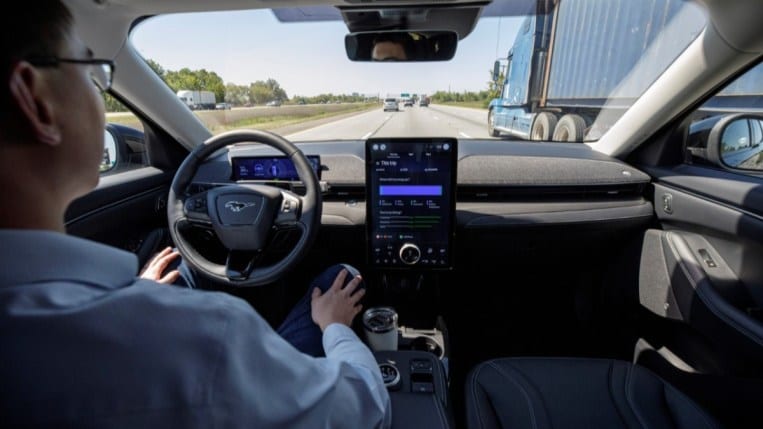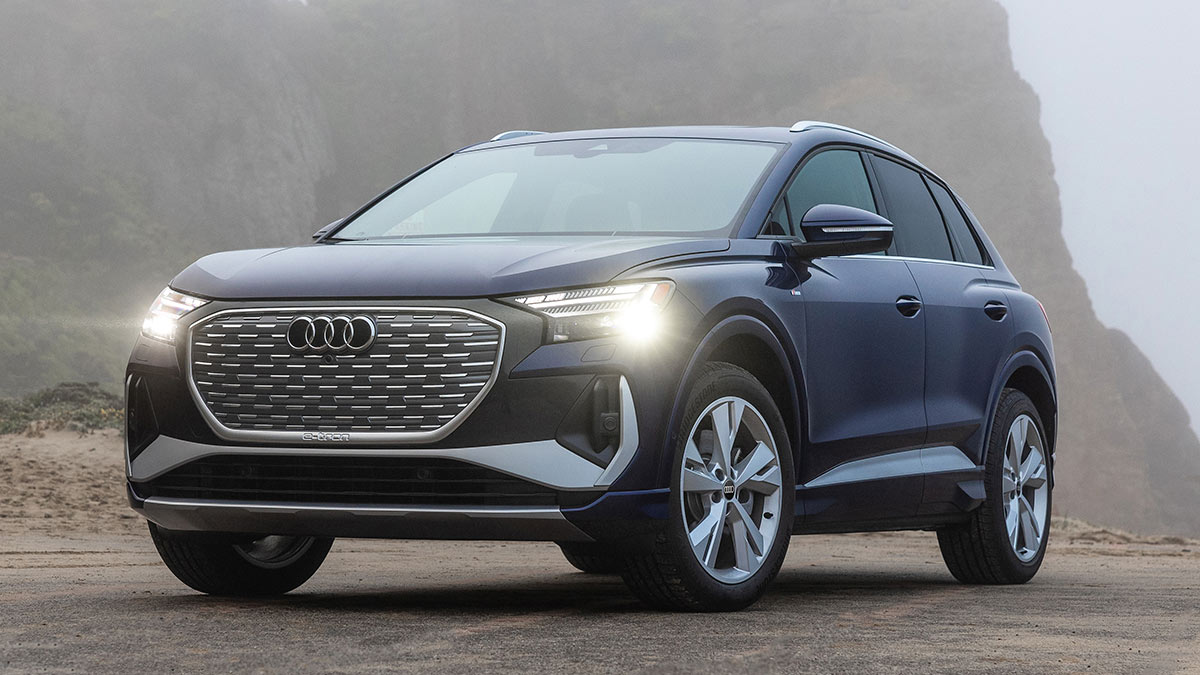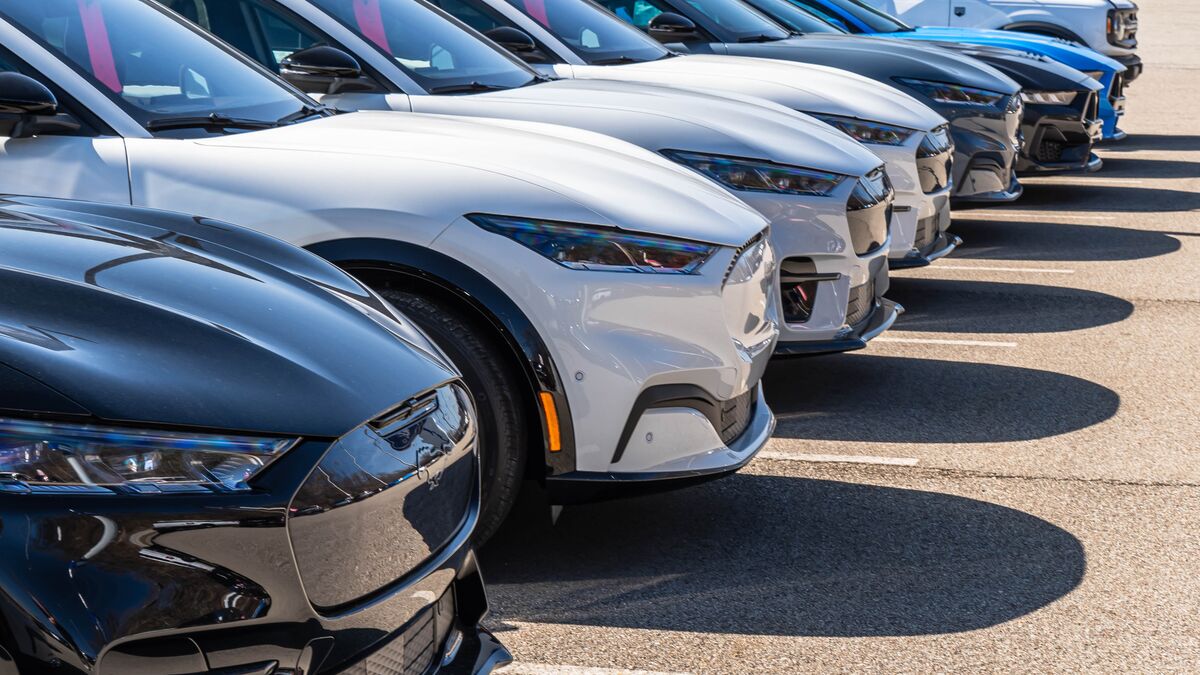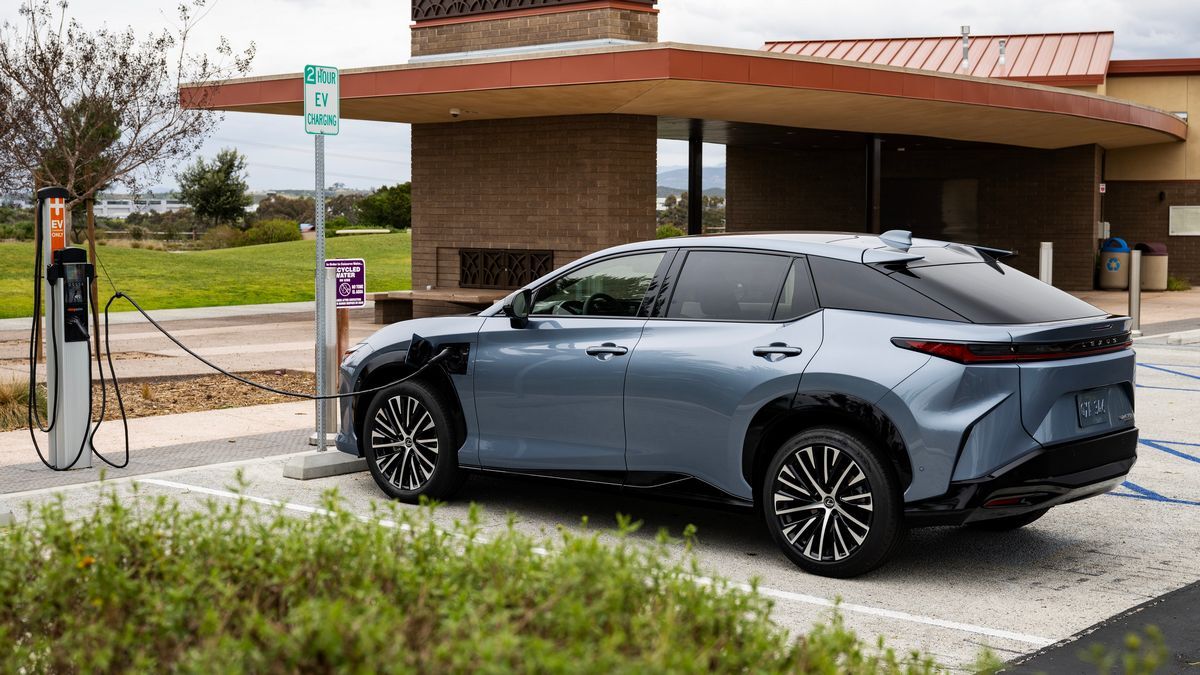
AAA’s annual survey about autonomous vehicles shows that Americans are quickly growing worried about the kind of full automation that can do the driving for you. Many also believe the technology shares the road with them today. It doesn’t.
Related: Self-Driving Cars – Everything You Need to Know
In 2022, 55% of Americans described themselves as “afraid” of self-driving cars. This year, it’s 68% — a jump of 13% in just one year.
“We were not expecting such a dramatic decline in trust from previous years,” said Greg Brannon, director of automotive research for AAA. “Although with the number of high-profile crashes that have occurred from over-reliance on current vehicle technologies, this isn’t entirely surprising.”
There Are No Self-Driving Cars, but Misleading Advertising Says There Are
There are no cars for sale anywhere in the U.S. that can drive themselves.
The automotive industry uses a five-level matrix to describe automation systems. Level 1 Autonomous cars have a single driver assistance system, like a lane-centering device. Level 5 cars are theoretical machines that wouldn’t even require steering wheels or pedals.
With just one exception in one state, every automaker’s most advanced system in America today is a Level 2 system. That means it has two or more driver assistance technologies that can work together. Most use smart cruise control, along with lane-centering technology, to keep a set distance from the car ahead. None of them allow drivers to take their hands off the wheel for long or to take their eyes off the road.
That one exception? Mercedes-Benz recently received authorization to sell a Level 3 system in Nevada only. The company’s Drive Pilot software lets drivers look away from the road but can only be used up to 40 mph on what the company calls “suitable freeway sections.” No one else sells a Level 3 system that allows a driver’s attention to drift.
Yet automakers sell them with misleading names — Tesla’s “Full Self-Driving Capability” being the most blatant example — that implies they’re more capable than they are.
Safety advocates say such marketing is causing a crisis. Studies show that Americans rely on the systems more than they should, even eating and texting behind the wheel while they’re engaged.
About AAA’s Study
AAA surveyed a panel of 949 respondents selected “to be representative of the U.S. household population overall.”
The study found that “nearly one in ten drivers believe they can buy a vehicle that drives itself while they sleep.” Twenty-two percent of respondents thought names like Autopilot (another Tesla product), Propilot (Nissan’s system), or Pilot Assist (from Volvo) “have the ability to drive the car by itself without any supervision.”







